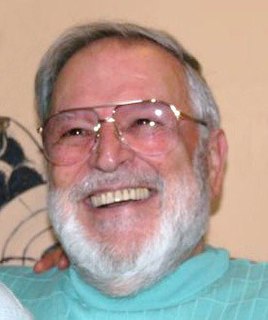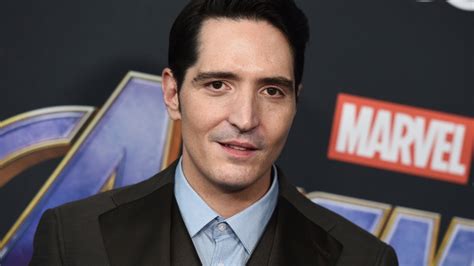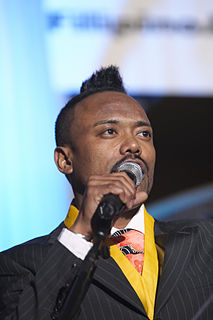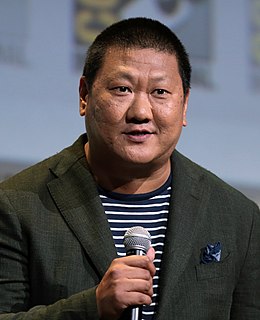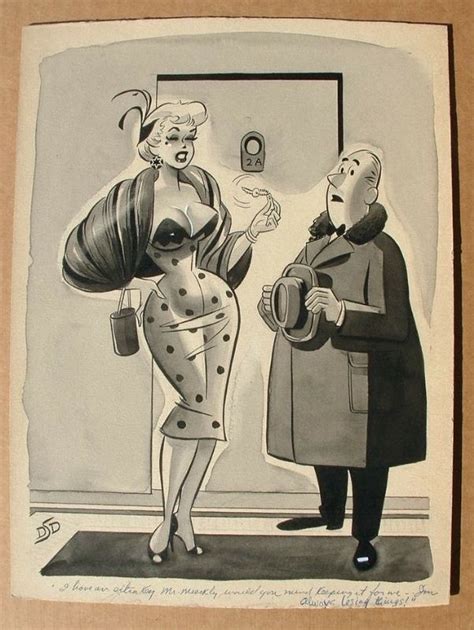A Quote by John Romita, Sr.
When I went to Stan Lee - every time I was with Stan, I learned something every day. When I would do a pencil job, if I didn't have much faith in it I would hand it in and invariably Stan would make it look like it was a well-written and well-planned-out story. It made me tell people, 'If you want to become an artist, go to work at Marvel. Stan will turn you into a storyteller.'
Related Quotes
I didn't know why I was coming to this room. Someone just told me to go to Sam Raimi's office. I knew that I uniquely had the comics version of his job, which was to take Spider-Man and put him into the modern day. But I thought, "Maybe he wants to tell me to cut it out." So I come in, it's in his office, and then Stan Lee comes in, and I'd only ever met Stan as a fan, not as a professional. And then they sit us down on a couch, and roll in an AV cart with a TV on it and go, "We're going to show you the first cut of Spider-Man."
Stan Lee always wanted to do another syndicated strip while we were doing Spider-Man. I was working two jobs, and he wanted to make time to do another strip. He wanted to do a humor strip. I said, 'Stan, I barely make it through the week now. How the hell am I going to do another strip?' He said, 'Oh, I'm sorry, I always forget it takes you longer to do a page than it takes me to do twenty pages.'
A lot of people don't realize this, but probably the one person that gets made fun of in 'South Park' more than anybody is my dad. Stan's father, Randy - my dad's name is Randy - that's my drawing of my dad; that's me doing my dad's voice. That is just my dad. Even Stan's last name, Marsh, was my dad's stepfather's name.
I was there when Sam Raimi showed Stan Lee the first cut of the first Spider-Man movie. I was on a couch next to Stan, watching how special effects had finally caught up to his imagination. It was insane. And I'm thinking, "He had to wait until he was 80 years old for that to happen." When they announced 'Powers' and 'Jessica Jones,' I thought, "Oh, that's nice!"
One day in '61, I was looking in the Santa Monica phone book for a number, and there it was: Stan Laurel, Ocean Avenue in Santa Monica. I went over there and spent the afternoon with them. And pumped him with questions. I must have driven him crazy. I spent a lot of happy hours at Stan's house on Sundays just talking about comedy.
